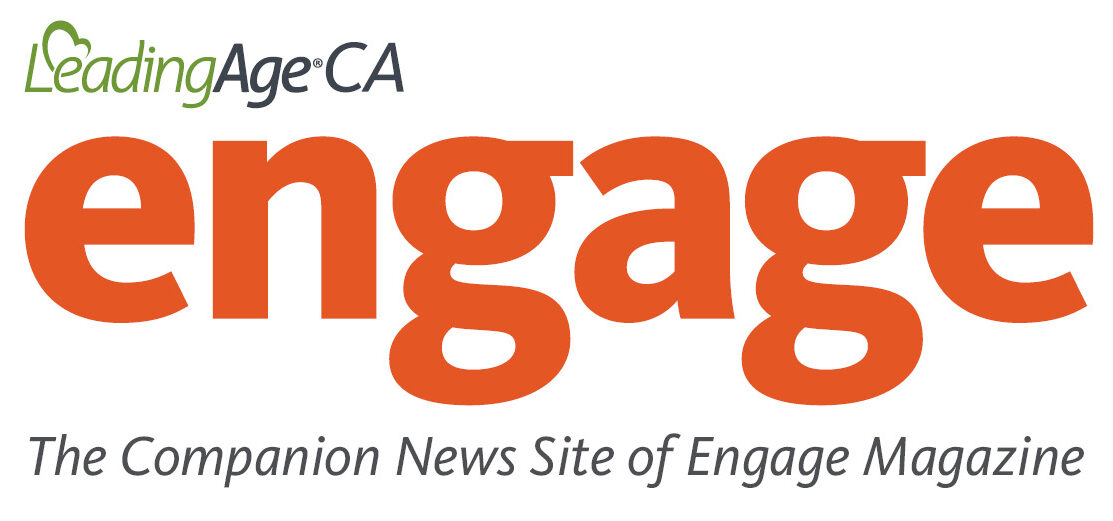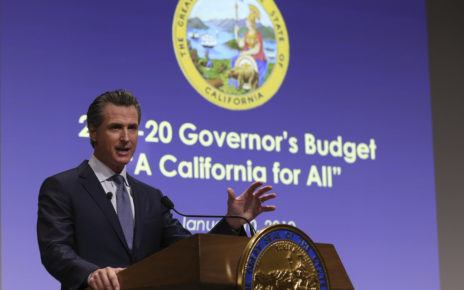by GALLAGHER INSURANCE, RISK MANAGEMENT AND CONSULTING
Every industry has been impacted by the spread of COVID-19, and concern over its growing potential to impact senior living resident and employee well-being is no exception. In fact, the employees and healthcare professionals working at these facilities are often on the frontlines. They are working tirelessly to ensure proper protective measures to social distance, monitor and protect high-risk residents.
It is recommended that communities review and enhance their infection prevention and control policies in conjunction with the CDC’s latest recommendations on infection control. Communities across the country have responded with restrictions on visitors, volunteers and nonessential personnel. They have canceled communal dining and group activities. They have implemented active screening of residents, staff and healthcare personnel for fever and respiratory symptoms.
Because COVID-19 affects the aging population at a higher and more severe rate, a careful review of your insurance coverage and evolving risk is critical to organizational wellbeing. While specific policies for business loss due to a pandemic are uncommon, you should check with your insurance broker immediately to confirm what key coverages will be provided in a specific event.
KEY COVERAGES TO REVIEW WITH YOUR INSURER AND BROKER INCLUDE:
WORKERS’ COMPENSATION POLICY
Compensability for workers’ compensation will truly come down to whether the disease/illness is considered occupational. In order for it to be compensable, the disease would have to be contracted during the course of employment and due to conditions specific to the employees’ work. Various statutory intricacies will also come into play depending on the particular state where your business operates.
GENERAL & PROFESSIONAL LIABILITY INSURANCE
General liability policies provide coverage for injury to persons (other than your employees) and damage to property of a third party for which you are legally liable. Liability for such injury or damage involving COVID-19 or a similar health emergency will arise chiefly out of a failure to protect others and their property against exposure to infection. Many general liability policies have exclusions that could preclude coverage for this kind of infection. Careful examination of the policy’s coverage terms, conditions and exclusions will be necessary to determine if such a limitation applies to you.
PROPERTY/BUSINESS INTERRUPTION
Standard property policies require that physical loss or damage to covered property, by an insured peril, occur for coverage to trigger. Contamination of property at an insured’s location may constitute physical loss or damage, but policy exclusions for pathogenic organisms, viruses, and disease- or illness-causing agents may restrict or exclude coverage. For business interruption coverage to trigger, the loss or damage must generally occur on he insured’s premise. Limited available coverage for infectious or communicable disease is offered on some property forms, but they are likely sub-limited.
ENVIRONMENTAL INSURANCE
Environmental liability policy forms do not currently identify COVID-19 as a pollutant and do not specifically exclude it by name. Some policies, however, do contain communicable disease exclusions that preclude coverage when a disease is transmitted by personal contact. However, they do not exclude transmission of the disease caused by the environment within the insured site. If a “pollution event” has taken place, coverage may apply in cases of negligence or strict liability. In turn, negligence can be the failure to prevent the spread of the disease on your premises.
MANAGEMENT LIABILITY
Management Liability insurance is being evaluated on a case-by-case basis as the COVID-19 threat is monitored. Many companies have made disclosures that COVID-19 has caused disruptions in production, staffing and sales. Accordingly, we may begin seeing COVID-19-related D&O claims, specifically securities class actions by shareholders to the extent that these disclosures cause a stock drop (this applies only to publicly traded operators/REITs). This is an evolving risk that Gallagher continues to monitor through the CDC and the WHO. Please visit ajg.com/us/ pandemic-preparedness for the latest information.
DISCLAIMER
Gallagher provides insurance, risk management and consultation services for our clients in response to both known and unknown risk exposures. When providing analysis and recommendations regarding potential insurance coverage, potential claims and/or operational strategy in response to national emergencies (including health crises), we do so from an insurance/risk management perspective, and offer broad information about risk mitigation, loss control strategy and potential claim exposures. We have prepared this commentary and other news alerts for general informational purposes only and the material is not intended to be, nor should it be interpreted as, legal or client-specific risk management advice. General insurance descriptions contained herein do not include complete insurance policy definitions, terms and/or conditions, and should not be relied on for coverage interpretation. The information may not include current governmental or insurance developments, is provided without knowledge of the individual recipient’s industry or specific business or coverage circumstances, and in no way reflects or promises to provide insurance coverage outcomes that only insurance carriers control.
Gallagher publications may contain links to non-Gallagher websites that are created and controlled by other organizations. We claim no responsibility for the content of any linked website, or any link contained therein. The inclusion of any link does not imply endorsement by Gallagher, as we have no responsibility for information referenced in material owned and controlled by other parties. Gallagher strongly encourages you to review any separate terms of use and privacy policies governing use of these third party websites and resources.




